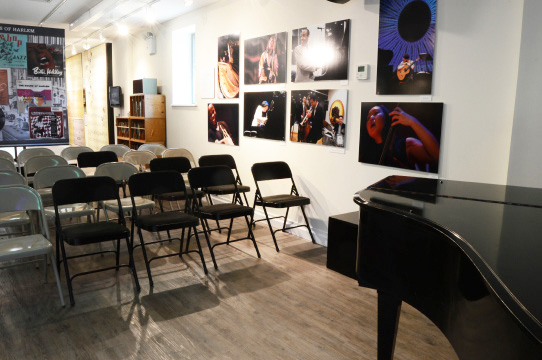Past Events
Celebrating the Afro-Latin Roots of Jazz – Panel on Afro-Cuban Dance and Music
In celebration of the Afro-Latin Roots of Jazz, we have invited Afro-Cuban dance and music practitioners and scholars Danys “La Mora” Perez, Francisco Mora Catlett and Beatrice Capote to be in the conversation. Curated by Sekou McMiller, NJMH’s Curator of Special Projects
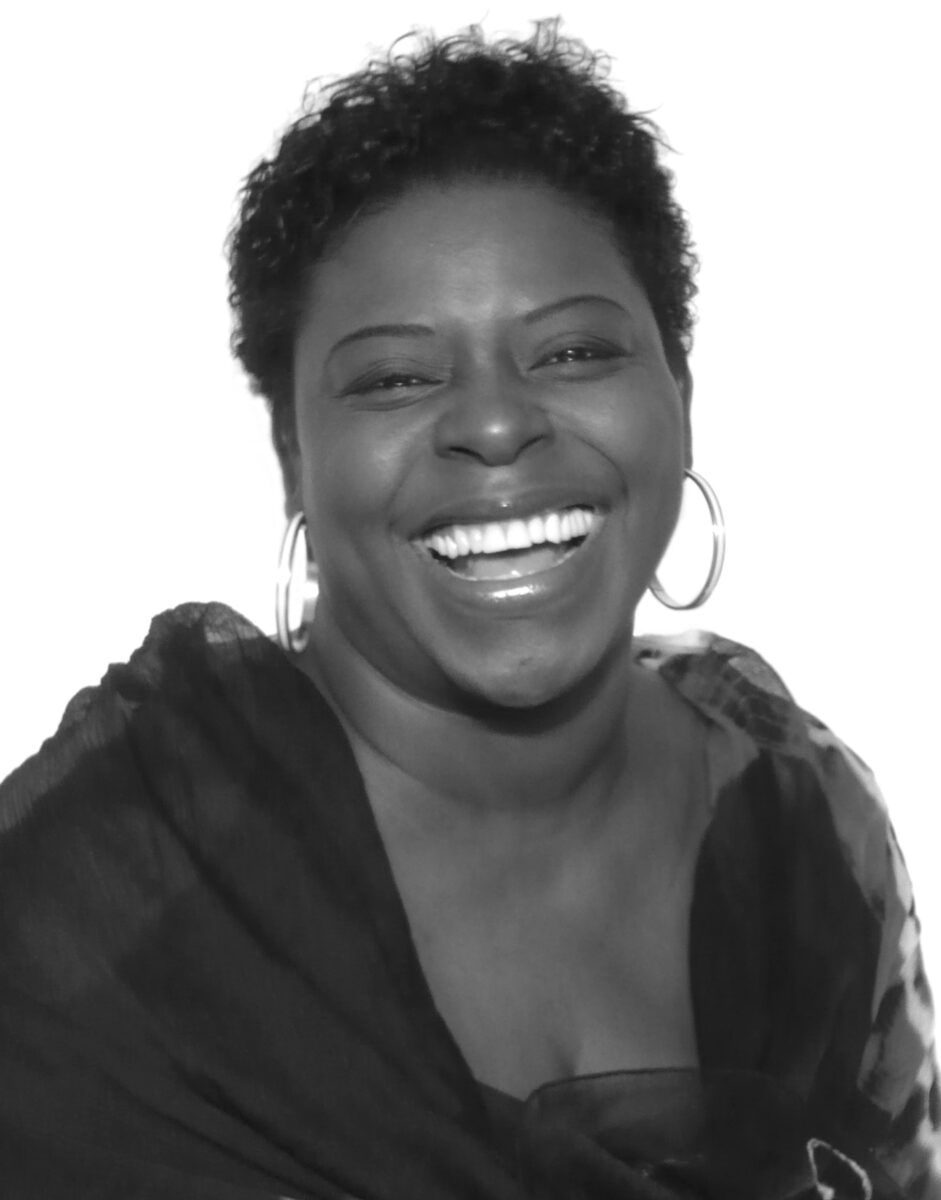
Danys “La Mora” Pérez is an internationally renowned master of Afro-Cuban folkloric dance. Pérez is an expert dancer, teacher and choreographer specializing in the styles of Afro-Cuban culture. A 2019 Dance/USA Doris Duke fellow, Perez’s words in a Dance/USA article embody her belief that “dance is the weapon for social justice.”
She is committed to the preservation of Afro-Cuban folklore and to encouraging the cross-cultural understanding of the dance and music forms derived from African culture. Perez’s traditional repertoire pays tribute to African lineages derived from the Yoruba, Congo, Carabali, Arara, and Dahomean cultures of West Africa and Haiti, the popular dance choreographies also celebrate the national Cuban heritage.
Perez’s creativity, artistry and knowledge transcend dance studios. In 1998, Perez founded Oyu Oro in Santiago de Cuba. The dance and music ensemble performed at the Montreal Jazz Festival and was featured in the Wemilere Caribbean Dance Festival in Havana in 1999. Seven years later, she re-formed the company in New York City, to include professional and amateur dancers and musicians from the New York metropolitan area. Under Perez’s artistic direction, Oyu Oro has presented high-caliber and authentic folkloric dance performances representing Cuba’s unique history and cultural landscape. Since 1999, the Cuban-based branch of the company has participated in the Techno-Electronic Music Festival in Montreal, Canada; international tours to the United States for the Dance Africa Festival in 2012, 2013, 2014, and 2016; the Caribbean Festival, Santiago de Cuba, Street Dance in Old Havana, Season at the Mella Theater in Havana in collaboration with the two projects “Oyu Oro” and the World Premiere Part Two of “Siete Mares” with the Ballet Folklórico Cutumba.
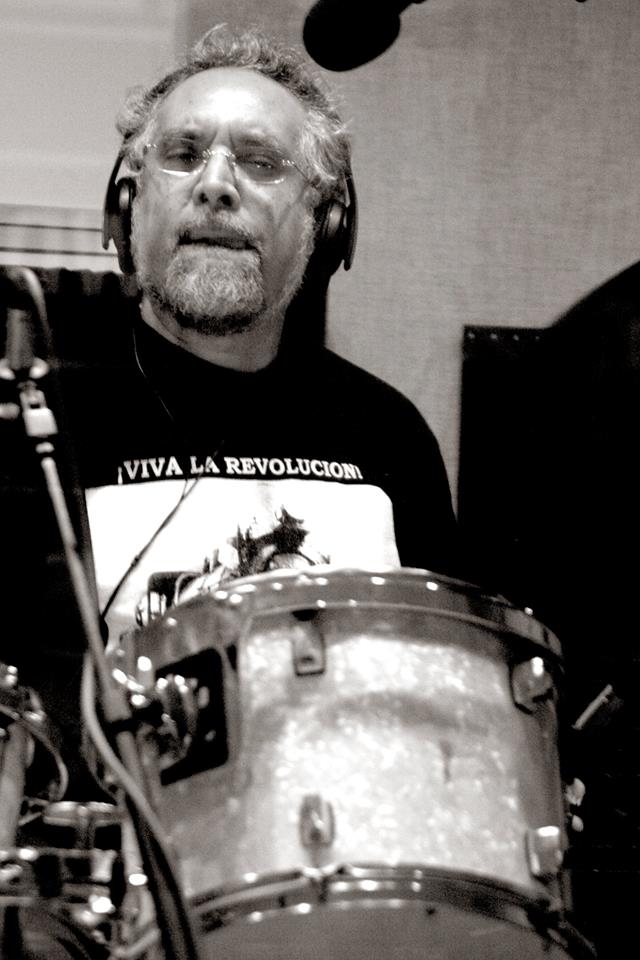
Francisco Mora Catlett is a drummer, composer, and educator. He began his musical career in Mexico City, where he worked as a session musician for Capitol Records from 1968 to 1970. Studies at the Music School of UNAM. With a grant from the Mexican government from 1970 to 1973, he studied drums with Alan Dawson and composition at the Berklee School of Music in Boston. He left Mexico City with Sun Ra in 1973 and worked with him until 1980. In 1987, while in Detroit, he released his first album as a leader, the Pan-Afro project “Mora!”
Among several grants, he received one from the NEA to study with Max Roach in New York City. Mora Catlett worked with several of Roach’s productions, with M’Boom appearing on two Blue Moon LPs, 1990’s “To the Max” and 1992’s “Live at S.O.B.’s,” in addition to composing for Mr. Roach’s Uptown String Quartet.
In 1993, he became a visiting professor at Michigan State University. Mora-Catlett played on Detroit’s techno producer Carl Craig’s 1996 jazz/electronica fusion project, “The Innerzone Orchestra,” and 1999’s “Programmed.” The same year, using Innerzone cohorts Craig Taborn and Rodney Whitaker, Mora Catlett issued a second album, “World Trade Music.” Following Mora Catlett’s departure from Detroit in 2000, the Outer Zone Band’s first recording featuring Marshal Allen, Craig Taborn, and Carl Craig was released.
In New York City, Mora-Catlett co-founded the “Oyu Oro Afro-Cuban Experimental Dance Company” with his wife, Danys Perez Prades, “La Mora,” a dance-music project experimenting with music from the African Diaspora that performs nationally and internationally.
Mora-Catlett has issued two releases with the “Freedom Jazz Trio. “New Under the Sun,” recorded in 2010, featured Francesco Tristano, while “Live at the Bronx Museum” showcased Craig Taborn. A new ensemble, the Outer Zone Band’s “Andromeda M-31,” features Craig Taborn and JD Allen. Subsequent releases included a double CD, “AfroHORN MX” (2012), “Rare Metal” (2013), and “At the Edge of the Spiral (2015)–2016. A solo electronic music project recording (“Electric Worlds”), released in 2021. He went back to Berklee College of Music due to the COVID-19 pandemic, enrolling in Composing and Producing Electronic Music I and II, and is now preparing for a new electronic music project in 2024.
In recent years, Mora-Catlett has been featured in “artist residencies” at the University of Iowa, Wayne State University, Booker T. Washington High School for the Performing and Visual Arts, Long Island University, Brookhaven College, Richard College, and others, where his presentations often explore the themes of jazz and creativity while highlighting the work of his parents, artists Elizabeth Catlett and Francisco Mora Senior. He has established his own label, AACE, in order to distribute several of these projects
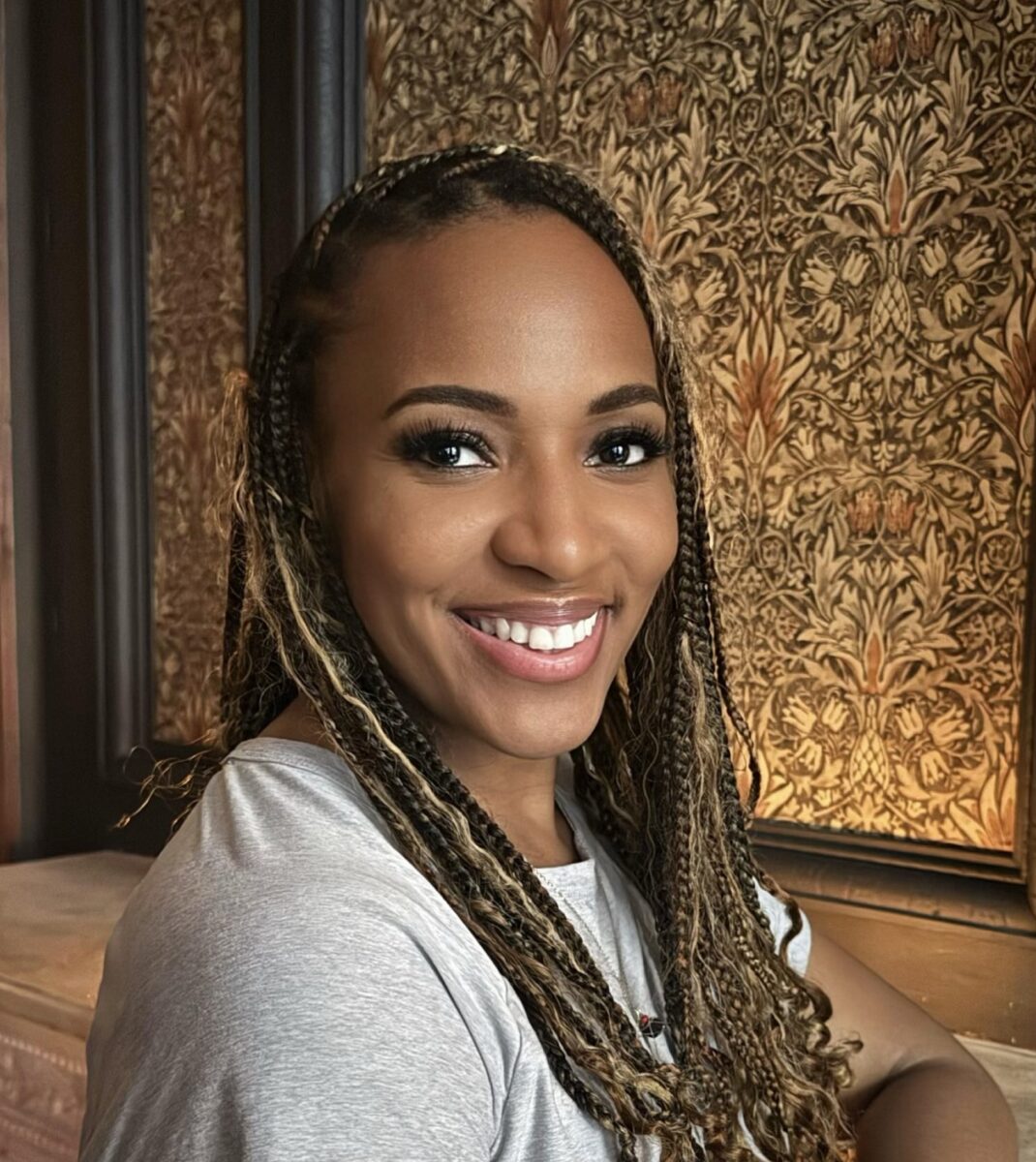
Beatrice Capote is a Cuban American dancer, choreographer, and educator known for creating CapotechniqueTM, a blend of Afro-Cuban dance and contemporary forms. She is in her 7th season with choreographer Camille A. Brown and is an associate professor of contemporary dance at Indiana University Bloomington. Her work as a Yoruba Consultant/Choreographer for “The Half God of Rainfall” received recognition in The New York Times and her pieces “Reyita” and “Yemaya,” have been showcased at various festivals. She choreographed for Grammy winner Angelique Kidjo’s “Yemandja!” and has performed with many other artists. With an A.A. from the UNC School of the Arts and a B.A. and M.F.A. from Montclair State University, Capote has worked with notable choreographers and contributed to significant productions.
Celebrating the Afro-Latin Roots of Jazz – Panel on Afro-Cuban Dance and Music
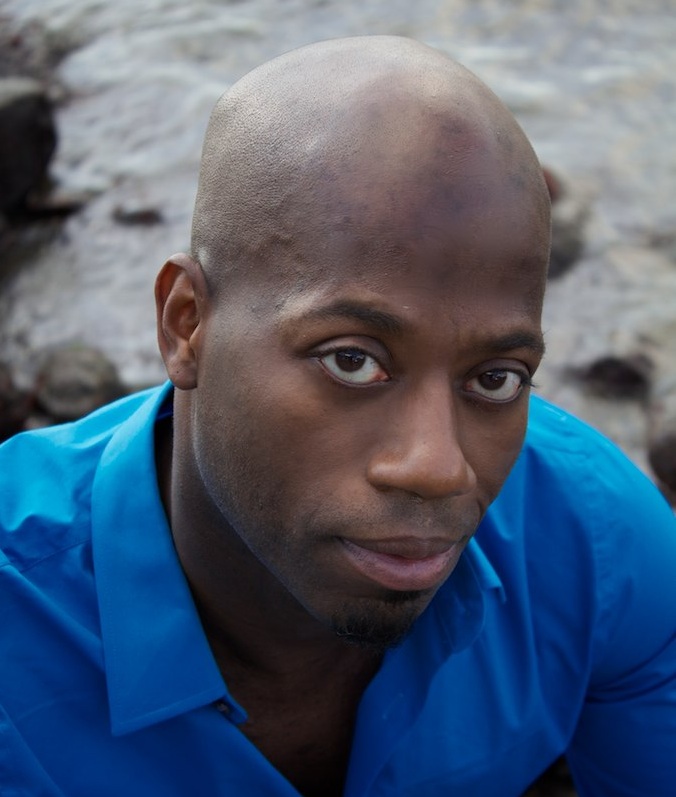
Tue, Aug 13
7:00 pm
National Jazz Museum in Harlem
Current & Upcoming Events
Monday Night Jam – hosted by JFA
Mon, Feb 23
6:00 pm
Live from Harlem – JFA Presents: Abiodun and Friends
Thu, Feb 26
2:00 pm

